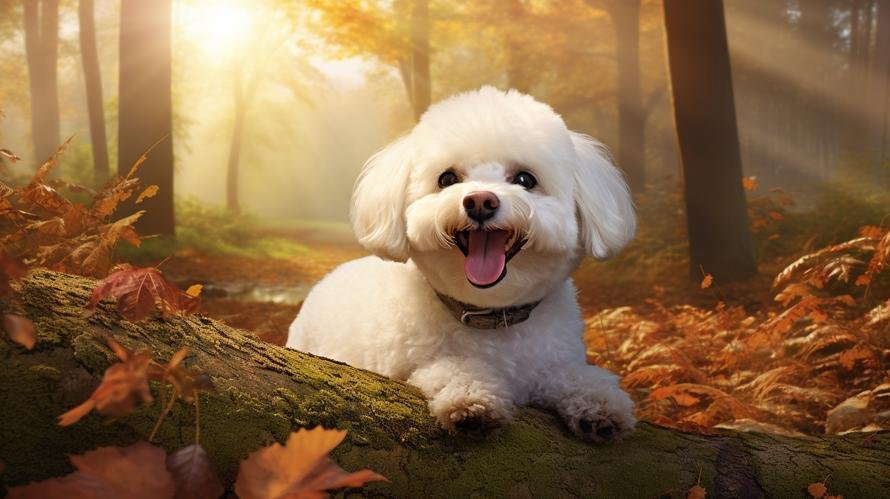Did you know that Bichon Frise, a fluffy little white dog often strutted around in dog shows, actually originated as a sailor’s companion and a pampered lapdog of European nobles? Fascinating, right? Now that I’ve got your attention, let’s plunge into today’s primary topic: is a Bichon Frise, with its sweet disposition and charming white curls, ever a dangerous dog?
With those doe-eyed expressions and cottony fur, you’d be hard put to associate the term ‘dangerous’ with a Bichon Frise. Yet it’s a question that merits exploring, especially for prospective dog owners considering this particular breed.
What does ‘dangerous’ mean in this context, though? For many, it’s likely the thought of a dog with a propensity for aggression or unpredictability. The term could also insinuate a breed prone to trigger allergies or one which could be potentially hazardous for children. Hence, to thoughtfully approach the matter, let’s break this down into three parts: aggression, allergenic potential, and safety for kids.
Are Bichon Frises Aggressive?
First things first, the Bichon Frise breed is renowned for its affable nature. These dogs enjoy being around people and are generally well-behaved in their interactions. That said, aggression is complex. It isn’t a breed-specific trait but is more often tied to a dog’s individual temperament, upbringing, training, and socialization.
However, something called “Small Dog Syndrome” could play a key role in perceived aggression. This term encapsulates behaviors exhibited by small dogs, like a Bichon Frise, when they become overly spoiled or excessively dominant due to lack of proper training or boundaries. While this might make them come across as snappy or ill-tempered, it isn’t an inherent characteristic but a result of their environment and upbringing.
What about Allergies?
Bichon Frises are among dog breeds celebrated as hypoallergenic, courtesy of their non-shedding fur. However, it’s essential to note that no dog is 100% hypoallergenic. According to the American Kennel Club, hypoallergenic dogs are those that have a lower tendency to provoke an allergic reaction.
Pet allergies are ordinarily triggered by dander, saliva, or urine. Bichon Frises, with their special coats that trap dander, lessen the chances of an allergic reaction. However, individual allergy triggers and thresholds vary widely, so it’s always best to spend time around a Bichon Frise before bringing one home to ensure it’s the right fit.
Are Bichon Frises Safe for Kids?
With a Bichon’s friendly demeanor and sociable nature, they generally do well with children. Their small size also makes them less intimidating for youngsters. However, given their small stature, they could be at risk if handled roughly, making adult supervision during their interactions with smaller kids imperative.
So, are Bichon Frises dangerous? The answer would be a resounding no, not inherently. They are amiable little dogs that could bring a lot of joy and companionship into your life. However, owning one, or any pet for that matter, requires commitment, responsibility, and understanding. An educated pet owner is the best kind of pet owner, after all.
In summary, it is highly unlikely for a well-socialized and properly trained Bichon Frise to be a ‘dangerous’ dog in the conventional sense. Remember, your new fluffy friend will need a lot of love, attention, and direction from you. Ensure you can provide this before welcoming a Bichon into your home.
Lastly, patting that cloud-like fur and seeing their adorable antics will probably get you ‘dangerously’ attached to them. Consider yourself warned!



